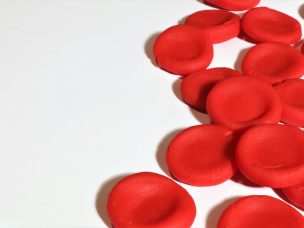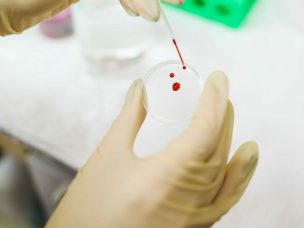In this MD Newsline exclusive interview with Krystal Preston, PharmD, we discuss the latest research on sickle cell disease treatment and how far we’ve come in treating sickle cell disease.
MD Newsline:
Is there any research that excites you or that you think is important for providers to know related to the treatment of sickle cell disease?
Krystal Preston, PharmD:
“Yes! Sickle cell disease has come a long way in terms of diagnosis and treatment. I think back to 1989, when I was first diagnosed with sickle cell disease at 18 months old. Unfortunately, screening for sickle cell disease wouldn’t be included in newborn screening in all 50 states until 2006.
So my parents didn’t know what was going on with me, except that I was screaming and had a fever, so they took me to the emergency room. After many tests, they found out that my spleen was about to rupture and that I had sickle cell disease. So, we’ve come a long way in diagnosing sickle cell disease.
In terms of treatment for sickle cell disease, traditionally, we used to be focused on pain control, versus now we’re focused on prevention of sickle cell crises. Treatment in terms of prevention of crises used to be limited to drugs like hydroxyurea and folic acid.
But now, we have drugs like Oxbryta (voxelotor), Endari (L-glutamine), and Adakveo (crizanlizumab). Many groundbreaking clinical trials have proven that these drugs aid in forming healthier red blood cells, preventing further damage to already existing red blood cells, and minimizing occlusions due to platelet aggregation, which therefore slows the frequency and minimizes the number of vaso-occlusive crises and complications associated with these crises.
I am also excited about how many qualifying patients with sickle cell disease can now be cured because of stem cell transplant.
So, we’ve come a long way in treating sickle cell disease, even since I graduated pharmacy school. Our new drugs for treating sickle cell disease have been available for just the past 3 to 5 years. And now, like I said, so many people with sickle cell disease are getting cured. It’s so wonderful.”
Responses have been condensed and lightly edited.










